Safely Living at Home with Dementia: Is it Possible?
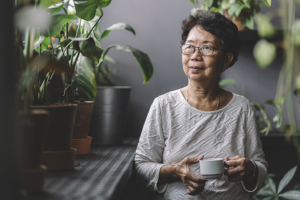
Safely living at home with dementia is possible with assistance.
There has been a belief that once someone received a diagnosis of Alzheimer’s disease or another type of progressive dementia, the only option was nursing home care. After all, it’s not possible for someone with cognitive decline to continue safely living at home with dementia, particularly when they live alone – or is it?
Statistics demand the need for all of us to think this through for the people we love, and possibly even for ourselves one day. Nearly 14 million seniors are currently residing at home alone – 33% with dementia, and 15% specifically with Alzheimer’s disease. Even more alarming, half of this population not only lives alone, but has no identified caregiver.
There are a number of key aspects of concern for an older adult who lives alone with dementia:
- The ability to take care of activities of daily living independently, such as meals, personal hygiene, household management, and problem-solving
- An elevated risk to senior scams and exploitation
- The isolation that stems from an anxiety about unfamiliar places and situations as confusion increases
Yet we also recognize that remaining in the home throughout aging for someone with dementia offers many great benefits, such as:
- The comfort of familiar surroundings and belongings, which provides stability
- The ability to help keep regular routines, making life navigation easier
- Self-identity that comes through protecting a feeling of belonging
One solution that is beneficial for a great many is bringing in an expertly trained dementia caregiver to provide just the right level of support to nurture as much freedom and independence as possible, while making sure of safety and wellbeing.
It’s essential to note that the earlier you can bring in support for someone with Alzheimer’s, the better. Even during the very earliest stages of the disease, the progression can happen rapidly, at which time the transition to care would have to occur immediately. By starting slowly with just a little assistance, perhaps with housework, laundry, and meals, you can then work up to an increased amount of care seamlessly as needed.
At Responsive Home Care, we create a customized plan of care that is reviewed and adjusted as needed ongoing – so if the need is for just a couple hours each week of assistance, or full-time, around-the-clock care, we are available to help older adults continue to live at home for a lifetime.
Our fully trained Alzheimer’s care team can ensure safety and comfort throughout each stage of the disease, easing challenges such as:
- Wandering
- Aggression
- Agitation
- Frustration
- Cognitive challenges
- And more
Our caregivers offer the social interaction, mental stimulation, and encouragement to remain physically active which all lead to a significantly better quality of life. Our home care company serves Fort Lauderdale, FL and the surrounding area. Email or call us at (954) 486-6440 for a complimentary consultation for more information on how we can help someone you love continue to live where it is most comfortable – at home – for a lifetime.

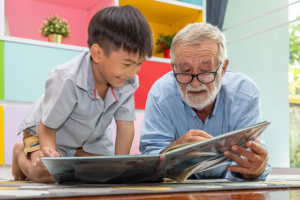 What motivates you to get up out of bed every morning? The answer is different for every single one of us, of course, but there is one commonality: it could allow you to live longer. Scientific studies are answering the question, “Does having a sense of purpose help us to live longer?” with a resounding “Yes!” as evidenced in Japan, the country with the highest life expectancy on earth.
What motivates you to get up out of bed every morning? The answer is different for every single one of us, of course, but there is one commonality: it could allow you to live longer. Scientific studies are answering the question, “Does having a sense of purpose help us to live longer?” with a resounding “Yes!” as evidenced in Japan, the country with the highest life expectancy on earth.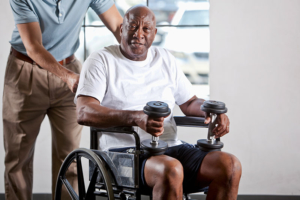 As we’re finally easing our way out of this pandemic, we’re finding more about how it has harmed senior loved ones – both physically and emotionally. We know older adults have been at a higher threat of serious issues and death due to the COVID-19 virus, although the impact of 15 months of social isolation and physical distancing is similarly distressing.
As we’re finally easing our way out of this pandemic, we’re finding more about how it has harmed senior loved ones – both physically and emotionally. We know older adults have been at a higher threat of serious issues and death due to the COVID-19 virus, although the impact of 15 months of social isolation and physical distancing is similarly distressing.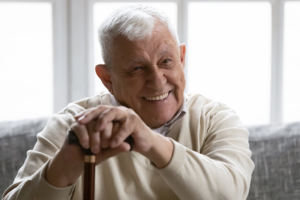
 When you need to work together in caring for elderly parents, even the closest of siblings may find themselves in conflict. Stress levels and emotions are, of course, running high. Add to this your past history and family dynamics, which have a tendency to resurface during stressful times, and it is easy to understand how challenging this stage in life could very well be for each of you.
When you need to work together in caring for elderly parents, even the closest of siblings may find themselves in conflict. Stress levels and emotions are, of course, running high. Add to this your past history and family dynamics, which have a tendency to resurface during stressful times, and it is easy to understand how challenging this stage in life could very well be for each of you.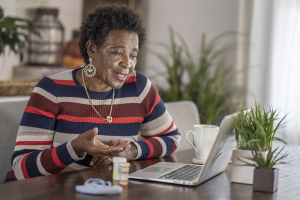
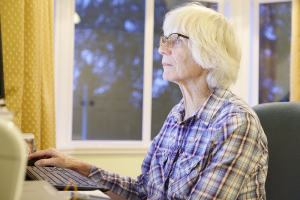
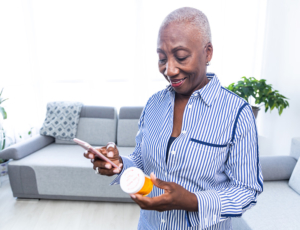
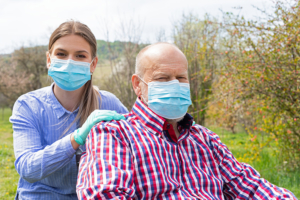
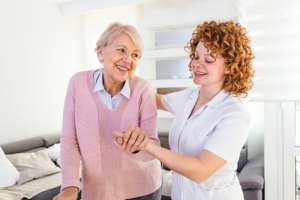
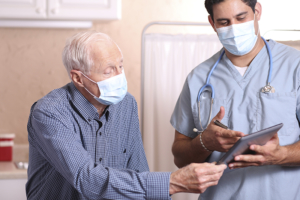 The COVID-19 pandemic put the world on pause, including, among a great many other activities, healthcare appointments and procedures. In fact, nearly 50% of all adults either canceled or delayed routine health care and elective treatments since the coronavirus crisis began, leading medical professionals to become concerned about the consequences.
The COVID-19 pandemic put the world on pause, including, among a great many other activities, healthcare appointments and procedures. In fact, nearly 50% of all adults either canceled or delayed routine health care and elective treatments since the coronavirus crisis began, leading medical professionals to become concerned about the consequences.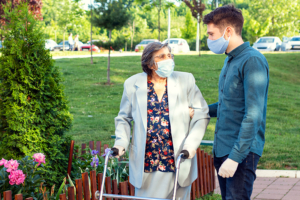 After months of isolating from family and friends, many people are now getting out and about instead of staying at home. Nevertheless, for seniors in particular,
After months of isolating from family and friends, many people are now getting out and about instead of staying at home. Nevertheless, for seniors in particular,